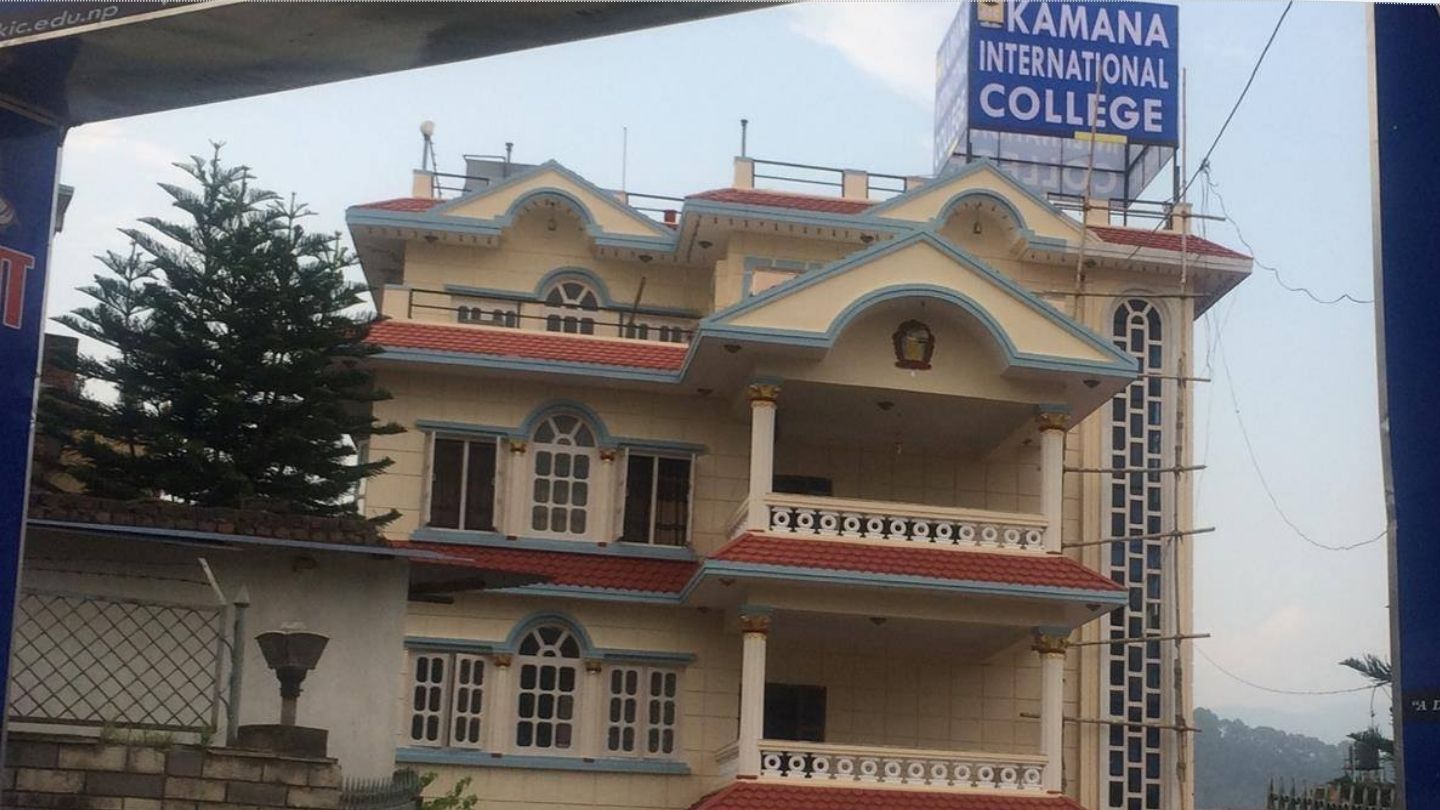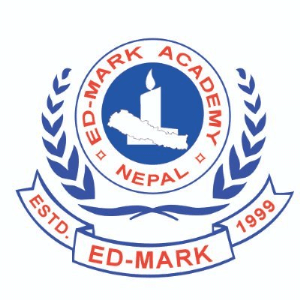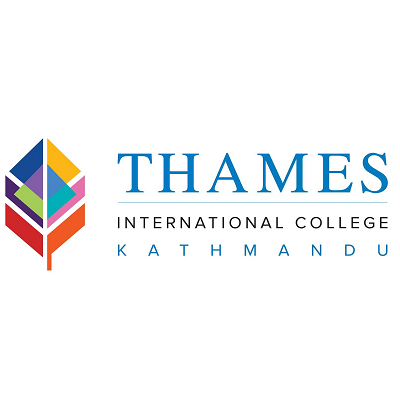Overview
Bachelor of Arts in Social Work (BASW) at Kamana International College (KIC), Kathmandu
BASW at Kamana International College (KIC), Swayambhu, Sanobharyang, Kathmandu runs under Tribhuvan University (TU), Nepal. The program centers on community engagement, case work, group processes, and field exposure guided by TU.

Introduction
The BASW program trains you to read community needs, plan small interventions, and document outcomes clearly. You study social work values, Nepal’s social policy space, and methods for work with individuals, groups, and communities. Field learning helps you connect class theory with real settings in wards, schools, health posts, shelters, or NGOs.
Faculty introduce reflective practice early. You keep journals, write case notes, and present learning in short debriefs. These steps build honesty, patience, and listening skills that matter in social work roles.
Highlights
-
Four-year undergraduate program under Tribhuvan University
-
Classroom study linked with guided fieldwork and supervision
-
Methods: case work, group work, community organization, and research basics
-
Focus on ethics, consent, confidentiality, and record keeping
-
Regular seminars and guest talks from practitioners when scheduled
-
Merit-based scholarships as per college policy
Curriculum Details
KIC follows the TU BASW structure. You study social work foundation papers, supportive social science courses, and research-oriented modules that prepare you for field tasks.
Coursework typically includes:
-
Introduction to social work, history, and ethics
-
Human behavior and the social environment
-
Case work, group work, and community organization
-
Social policy, welfare administration, and Nepal’s legal context relevant to practice
-
Research methods, statistics basics, and report writing
-
Fieldwork seminars, supervision meetings, and final reporting
You prepare case notes, intake forms, referral records, and session plans. Community mapping, PRA tools, and basic monitoring sheets are introduced. Research assignments involve problem statements, simple instruments, and short findings.
Objectives
-
Build practice grounded in ethics, consent, and privacy
-
Strengthen observation, interviewing, and documentation skills
-
Understand Nepal’s welfare programs and local governance roles
-
Plan small group sessions and community meetings
-
Use research steps to support decisions in the field
Scope
BASW graduates often work in NGOs, local bodies, schools, and community projects after further screening. Work areas include child protection, health promotion, disability support, youth programs, and livelihoods. Many students pursue MSW or MA in social sciences for higher roles in program design, supervision, and evaluation.
Learning Outcomes
-
Conduct basic assessments and prepare case summaries
-
Plan group activities with goals, timelines, and feedback points
-
Organize community meetings with clear facilitation steps
-
Write plain-language reports with data tables and short analysis
-
Follow safeguarding rules and referral protocols
-
Present field learning with evidence and citations
Skill Development Modules
-
Interviewing skills and note-taking under supervision
-
Group facilitation, icebreakers, and feedback collection
-
Community mapping and meeting minutes
-
Proposal outlines, budgets at a simple level, and logframes at an introductory level
-
Research basics: sampling ideas, consent forms, and data entry
-
Stress management and boundary setting for field contexts
Teaching Methodology
KIC combines lectures with workshops and lab-style practice for tools. Field placement hours run under supervision according to the college plan and host availability. You submit periodic logs and attend debriefs to review learning and challenges. Safety guidance is given before visits.
Internal assessments include quizzes, reflections, and field reports. TU examinations cover theory papers. Field evaluations consider attendance, record quality, and participation in supervision.
Admission Requirements
Eligibility follows TU rules for BASW. Submit 10+2 or equivalent transcripts from a recognized board, the application form, photos, and ID documents. Seat counts and placement slots depend on annual capacity and partner availability. Short interviews or counseling may be used to assess fit and expectations.
Career Opportunities
-
Case assistant or outreach worker in NGOs and community projects
-
Program assistant in education, health, or protection settings
-
School social work support roles in coordination with counselors
-
Monitoring and reporting roles with data entry and summaries
-
Research assistant for surveys and field studies
-
Paths to MSW, development studies, or public policy for supervisory roles
Career progress usually requires higher study, stable field experience, and clean documentation habits. Employers look for punctual reporting and respect for privacy.
Scholarships and Financial Aid
KIC announces merit-based tuition waivers each session. Categories range from partial to full support based on prior scores. A topper award recognizes strong term results for a fixed period. Renewal rules include attendance, discipline, and academic standing. Carry mark sheets and required forms during admission.
Why Choose BASW?
-
Balanced mix of classroom study and field learning
-
Strong focus on ethics and safeguarding
-
Practical tools for meetings, records, and reports
-
Guidance from supervisors during placement
-
TU framework that fits Nepal’s social sector
Conclusion
BASW at KIC helps you grow into a careful, reflective practitioner. If you want to work with people and communities, this program builds habits that matter—listening, clear records, and steady follow-through backed by TU’s structure.
FAQ
1) How long is BASW at KIC?
Four years under Tribhuvan University.
2) Is fieldwork included?
Yes. Field exposure is planned under supervision, subject to college and host schedules.
3) Which documents do I submit for admission?
10+2 or equivalent transcripts, photos, identity documents, and the completed form.
4) What language is used in class and field?
Both Nepali and English are used as suitable for the context.
5) Can I move into research roles later?
Yes. With MSW or related master’s study and field experience, research and monitoring roles open up.






















